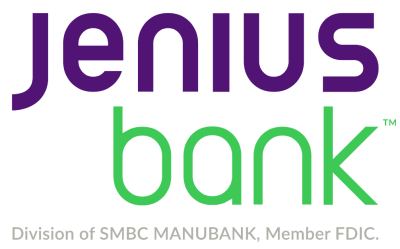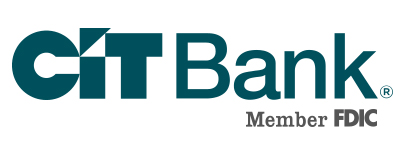Pros:
- Low opening requires amounts
- Variety of accounts offered
- Online accounts available in all states
- Rates not tiered for online accounts
Cons:
- Accounts have a monthly fee
- Some accounts only offered in few states
- Not all accounts offer competitive rates
- Competitive rates require a large sum
Pros:
- Variety of personal deposit accounts
- Most accounts have low opening amounts
- Business accounts available
- Other products offered
Cons:
- Most accounts have a monthly fee
- Cannot open all accounts online
- Personal accounts have low rates
- Jumbo and regular CDs earn same rates
To open Mutual of Omaha Bank accounts requires low amounts. The online checking account only requires $100 to open. The other checking accounts require from $100 to $1,000 depending on the account. The savings and money market accounts require $100 or $1,000. The online money market requires $1,000 to open.
Mutual of Omaha Bank offers a variety of personal deposit and business accounts. They offer six personal checking accounts. A basic savings account and two money market accounts are offered. CD terms vary from 1-month to 60-months; fixed rates and standard rate CDs offered.
Mutual of Omaha Bank offers an online checking and money market account. The online checking account only requires $100 to open. There is not a monthly fee if your balance is above $100. Balances over $1,500 earn interest. The money market account requires $1,000 to open, waive the fee, and earn interest. These accounts are available in all states.
To earn the most competitive rates for the online accounts does not require a large sum. The online money market account only requires $1,000 to earn the best rate. The online checking requires $1,500. Amounts over $250,000 earn much lower rates.
Mutual of Omaha Bank checking and savings accounts have monthly fees. Those fees range from $3 to $15 depending on the account. Waive the fees by keeping a set balance in the account. Those balances range from $100 to $10,000 depending on the account.
Not all accounts are available in all states. Mutual of Omaha limits the accounts to specific states. The online money market and checking account are available in all states. Most accounts must be opened at a branch location.
Not all Mutual of Omaha Bank accounts offer competitive rates. The online accounts offer rates competitive with other online accounts. The CDs and other accounts offered through branch locations are not as competitive. The rates may change based on the state you open the account in.
To earn the most competitive interest rates requires a large sum. The Mutual of Omaha Bank money market account requires $250,000 to earn the highest rate. The investment checking requires $50,000.
Citizens Trust Bank has a variety of personal deposit accounts. There is a checking account for students and those over 50 years old. Citizens Trust Bank offers regular savings, holiday savings accounts, and youth accounts. The different accounts require different balances, allowing you to find the best account for your finances.
The opening required amounts for most Citizens Trust Bank accounts are low. The amounts needed to open accounts range from $25 to $100. Most checking accounts require $50 to open. The basic savings account requires $100 to open. CDs require $500 to open. The money market account and Silver Investor savings account have higher opening amounts. They require between $1,000 to $5,000.
Citizens Trust Bank offers business accounts. Checking and savings accounts are available. There are merchant services and cash management options available to businesses. They also offer loans, credit cards, and investment accounts for businesses.
There are a variety of products offered through Citizens Trust Bank. They offer personal and business credit cards and loans. They offer investment accounts, life insurance, disability insurance, and final expense insurance.
Most Citizens Trust Bank accounts have a monthly fee. The fees range from $0.30 per check or debit card transaction to $15 a month. Waive the fees by keeping a minimum balance in the account. The required balances range from $5 to $7,500, depending on the account. Some accounts require enrolling in online banking and receiving eStatements.
Not all Citizens Trust Bank accounts can be opened online. Some accounts require visiting one of the financial centers. The youth savings account and the Christmas Club account must be opened in a branch location.
The interest rates for Citizens Trust Bank are low. The rates are similar to your typical brick and mortar bank rates. Their rates are not competitive with online bank rates.
Citizens Trust Bank offers regular and jumbo CDs. The regular CDs require $500 to open. The jumbo CDs require $100,000 to open. The interest rates are the same for regular CDs and jumbo CDs. Both rates are not competitive with other online CDs. The CD terms range from seven-days to five-years.









